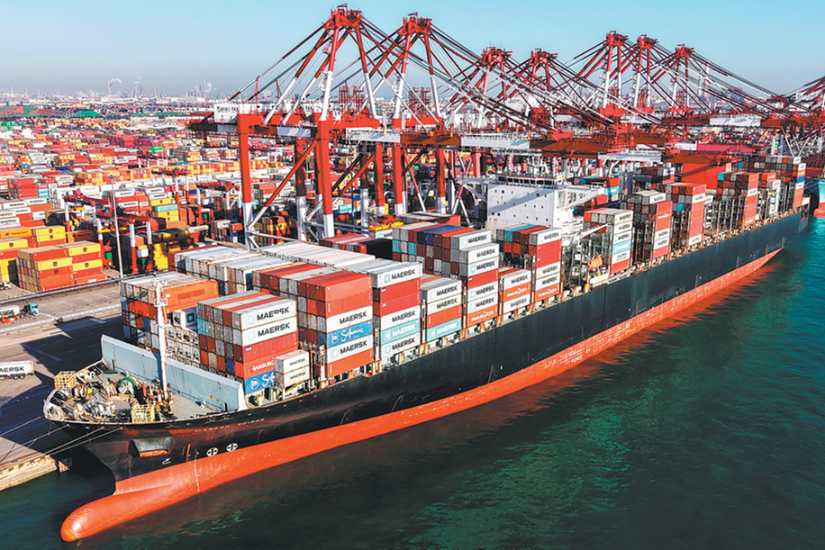Impact of tsunami will be short term

 |
The aftermath of the earthquake, tsunami and nuclear crisis in Japan is reaching China. Prices of products made in Japan are going up in major cities across China. But this doesn't come as a shock to me.
Shortages of Japanese goods are bound to happen as the crisis, described by Japanese Prime Minister Naoto Kan as the worst crisis since World War II, has temporarily slowed production in northern parts of the country.
But for China, its bigger concern is what lies ahead if a possible recession hits the Japanese economy. Or perhaps that's what some experts would like you to think.
Some economists have advised Chinese policymakers to suspend tightening policies, such as increasing interest rates and an appreciation of the yuan, to give businesses a break from the effects of the slowdown in Japanese production.
They are worried that if Japan, as the world's third largest economy, experiences a deeper recession, which is very likely in the second quarter, the Chinese economy will also incur setbacks. After all, they say, Japan is China's third largest trading partner and invests a great deal in China. The correlation between Asia's two largest economies will make it hard for China to escape the impact of Japan's economic woes.
But I don't feel that there is a need for China to halt its austerity measures. Instead, it should continue to carry out tightening policies.
Unless a nuclear meltdown occurs or the radiation spreads to an uncontrollable level, the impact on the Japanese economy will be nothing but short term.
Japan's resilience is remarkable. It took only half a year for the country to recover from the 7.2-magnitude Osaka-Kobe earthquake in 1995. Though the catastrophe this time is much greater, Japan should still be able to fly from the ashes very soon. In addition, the area hit by the quake, tsunami and nuclear leaks is not a heavy industrial base, so Japan's manufacturing sector will soon pick up. Most likely a rebound of the Japanese economy may come in the third quarter.
For China, the most pressing issues are runaway inflation and excessive growth in exports. The Japan crisis will aggravate China's inflation and boost exports.
This is mainly because of the trade structure between the two East Asian giants. China runs a trade deficit with Japan. China imports cars and machinery from Japan while China exports low-end products, most of which are daily necessities, and materials to Japan.
The Japan crisis will lead to a temporary shortage of goods such as steel, plastics, chemicals, auto parts and electronics.
Before supplies from other places such as Europe, the United States and South Korea resolve that shortage, the prices of Japanese goods will go up. China has already experienced this.
That will add pressure on China's already high CPI, although that pressure will only be short term.
When the rescue work wraps up and Japan begins its reconstruction, which may happen in several months, Japan's demand for Chinese goods is likely to increase.
That will give a big boost to Chinese exports, especially daily goods and raw and semi-produced products.
Therefore, the Japan crisis will likely spur China's inflation and exports in a few months after initial pains from the crisis are over, adding fuel to China's already sizzling economy.
There is indeed no need for China to loosen its grip on credit and exports. Instead, the country should continue its credit tightening cycle - by raising interest rates, selling more central bank bills and checking inflow of capital - to tame inflation, what Premier Wen Jiabao described as an uncaged tiger.
The author is a financial analyst with a multinational insurance company in Shanghai.
Today's Top News
- ROK leader's visit to help boost bilateral ties
- China's new plan, world's new opportunities
- Expert: US actions, words don't match
- China's diplomacy to blaze new trails
- Visits point way to better future for all
- PLA tests joint combat strength for second day






























